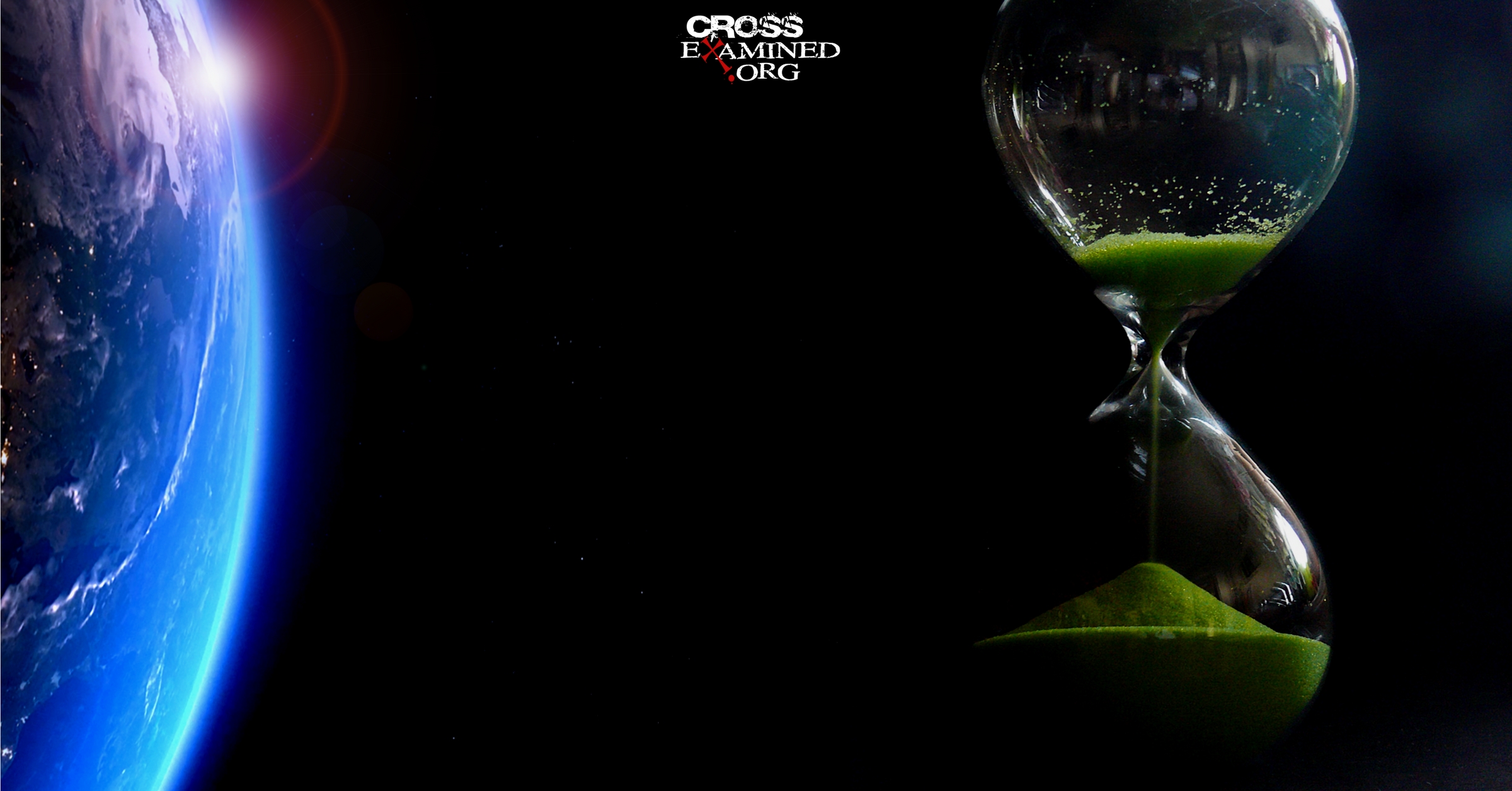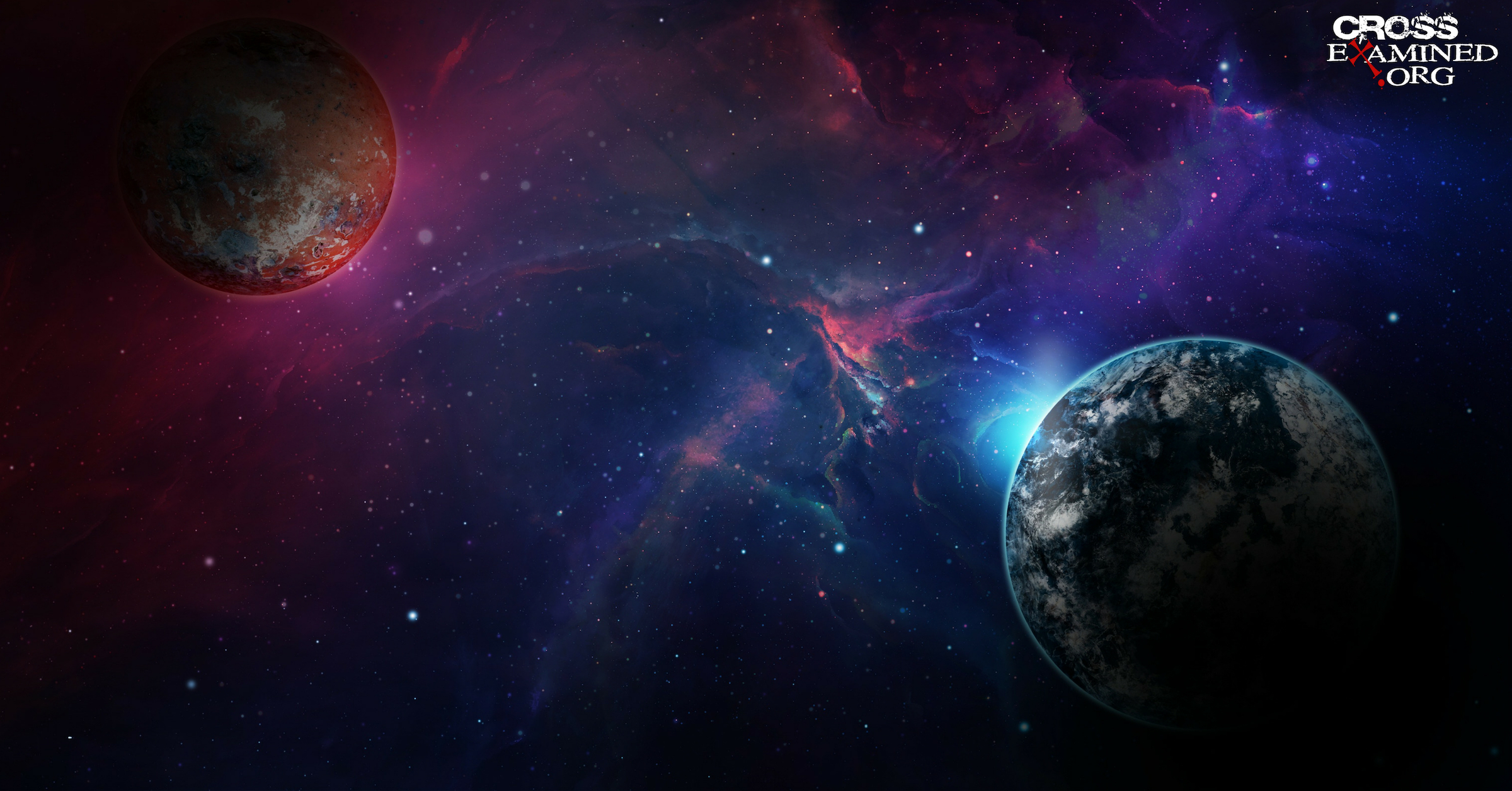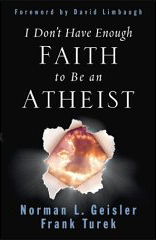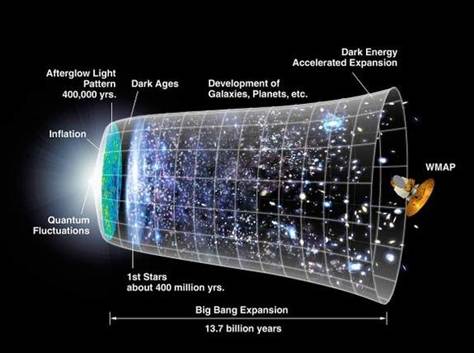By Luke Nix
Introduction
One of the challenges skeptics raise against God as the Creator is the idea that He took entirely too long to create: God is inefficient and wasteful with time, if He did, indeed, take 13+ billion years to create the universe. Why did God take so long to create the universe when He could have created it in just a few days or even a couple microseconds? This challenge is necessarily dependent upon the idea that God has absolutely no possible reason for spending 13+ billion years to create. Thus, if it can be shown that God did have a reason for taking the time that He did, then the challenge is defeated. My goal in this post is to not only defeat the challenge, but to show that there is an answer that not just possible but more likely than not within the Christian worldview.
The Patience of God
I posit that the purpose is that God wanted to ensure that people would see that His Word, written thousands of years ago, actually does apply to us on a personal and existential (not just a distant) scale today.
“The Lord is not slow in keeping his promise, as some understand slowness. Instead he is patient with you, not wanting anyone to perish, but everyone to come to repentance.”- 2 Peter 3:9
Patience is a virtue; it is also one of the Fruits of the Spirit (Galations 5:22). God is patient. Just as Proverbs (6:6) encourages us to look at the ant for it teaches us something about hard work, so too Paul encourages us to look at the creation for it teaches us something about the attributes of God (Romans 1:20). Patience is, no doubt, one of the divine attributes that are “clearly seen from what has been made” when we see the time it took for our universe to get from the moment of creation to its present state. When scientists investigate the heavens and the earth they discover their history is one of patience, punctuated by numerous moments of deliberate, delicate, and dynamic activity. Why would God take so long to create? Why not just “poof” everything into existence in the necessary form? To display the extent of one of His divine attributes: patience.
The Human Temptation
Further, this is a guard against human pride, thinking that we are as patient as our Creator. Engineers, artists, project managers, scientists, architects, and many others have projects that span the time of weeks, months, years, and even decades. They can be patient for that amount of time as they see the final product take shape. For those who’s projects take months and years, the temptation to compare their patience of years and decades to God’s patience of merely days (on the view that God created the universe in six 24-hour days) and see their patience as superior is overwhelming. However, God took billions of years of active involvement (not laziness, disinterest, or inefficency) in the creation of our universe and planet. This time span is orders of magnitude greater than what any human or even generations of humans could dedicate to any project. The comparison is simply not possible. The patience of God is beyond what we could even imagine, and He has given us proof of His patience in His acts of creation.
“Crowned With Glory And Honor”
“When I consider your heavens, the work of your fingers, the moon and the stars, which you have set in place, what is mankind that you are mindful of them, human beings that you care for them? You have made them a little lower than the angels and crowned them with glory and honor.”- Psalm 8:3-5
God was patient with the universe He created because its combination of attributes uniquely could accomplish numerous purposes He had for His creation, yet He was aggressive in actively working through the universe’s laws and processes (which He put in place) to see the purposes fulfilled as soon as the universe that He created possibly could. One of those purposes is the redemption of as many of his Image Bearers as would freely choose to recognize their sinfulness and need of Jesus Christ. God patiently spent 13+ billion years preparing a world where we could come freely into a salvific relationship with Him; that is the value He places on us; that is what it means to be “crowned with glory and honor.”
Conclusion
Given the cases from Scripture for the value God places on patience and humanity and for looking to God’s acts (creation) to understand His purposes and attributes and the case from God’s creation for a necessarily time-consuming and precisely detailed series of processes to create our world, not only has the challenge been defeated by mere possibility; it has been shown that the answer is more plausible, evidentially, than not within the Christian worldview. The more I investigate the history of the creation of our world, the more I see the patience, the love, and the wisdom of our Creator and Savior, Jesus Christ. I believe the psalmist expressed this awe and wonder best:
“The heavens declare the glory of God; the skies proclaim the work of His hands. Day after day they pour forth speech; night after night they reveal knowledge. They have no speech; they use no words; no sound is heard from them. Yet their voice goes out into all the earth, their words to the ends of the world.”- Psalm 19:1-4a
For more on this theological and scientific topic, check out these great books:
Improbable Planet: How The Earth Became Humanity’s Home
Why The Universe Is The Way It Is
Original Blog Source: http://bit.ly/2tkwqIb







